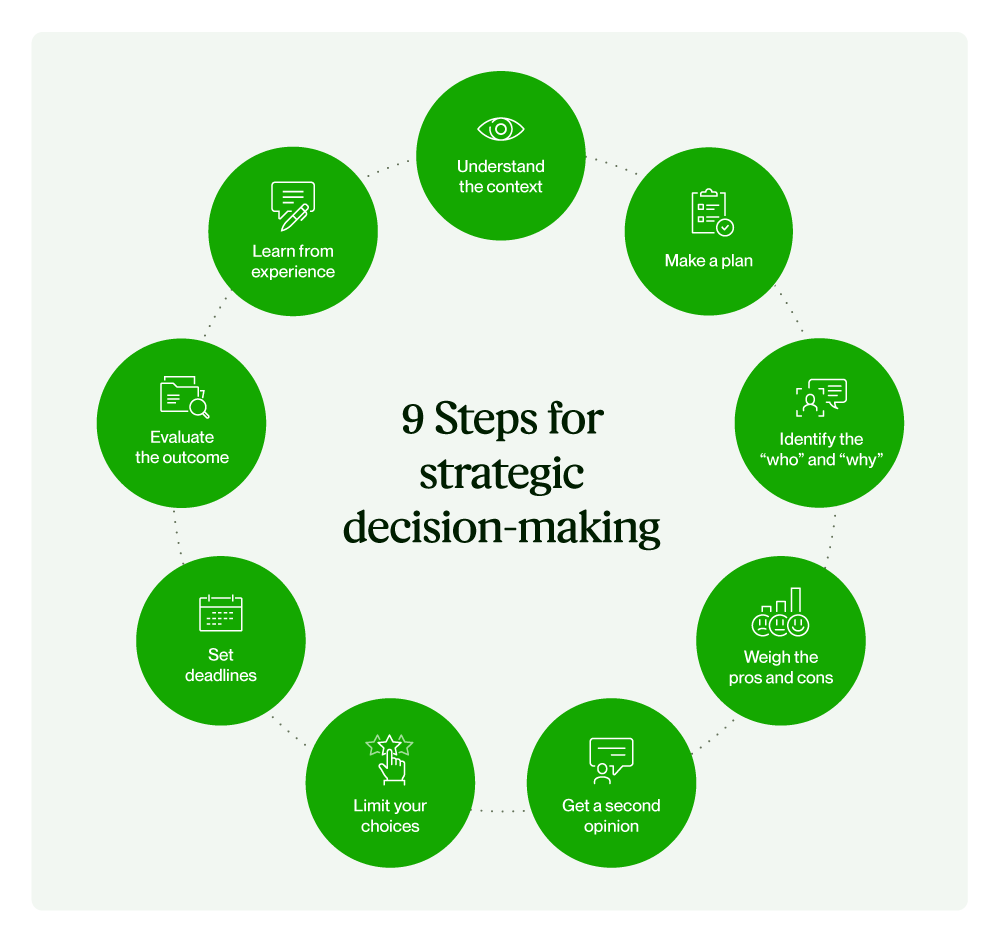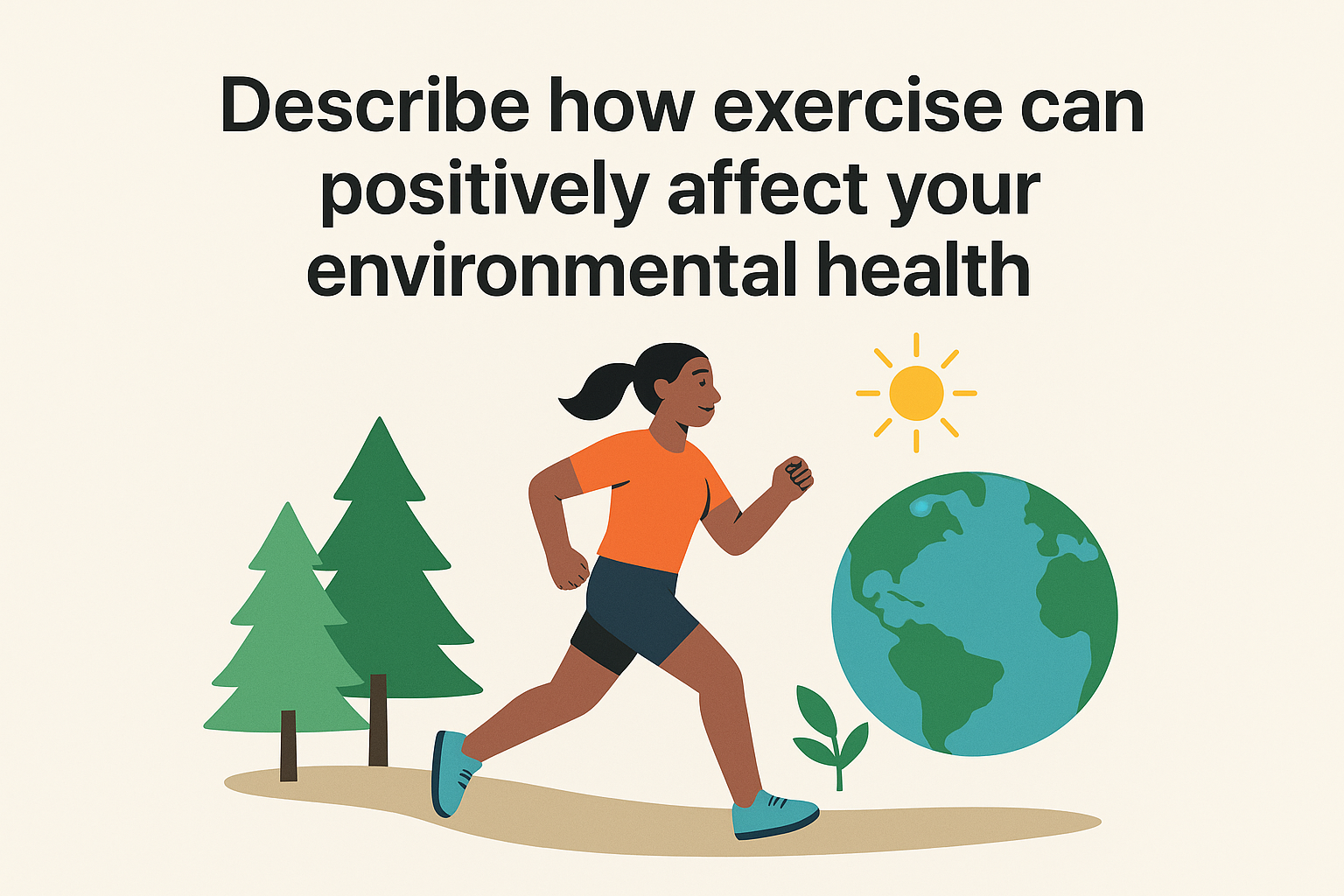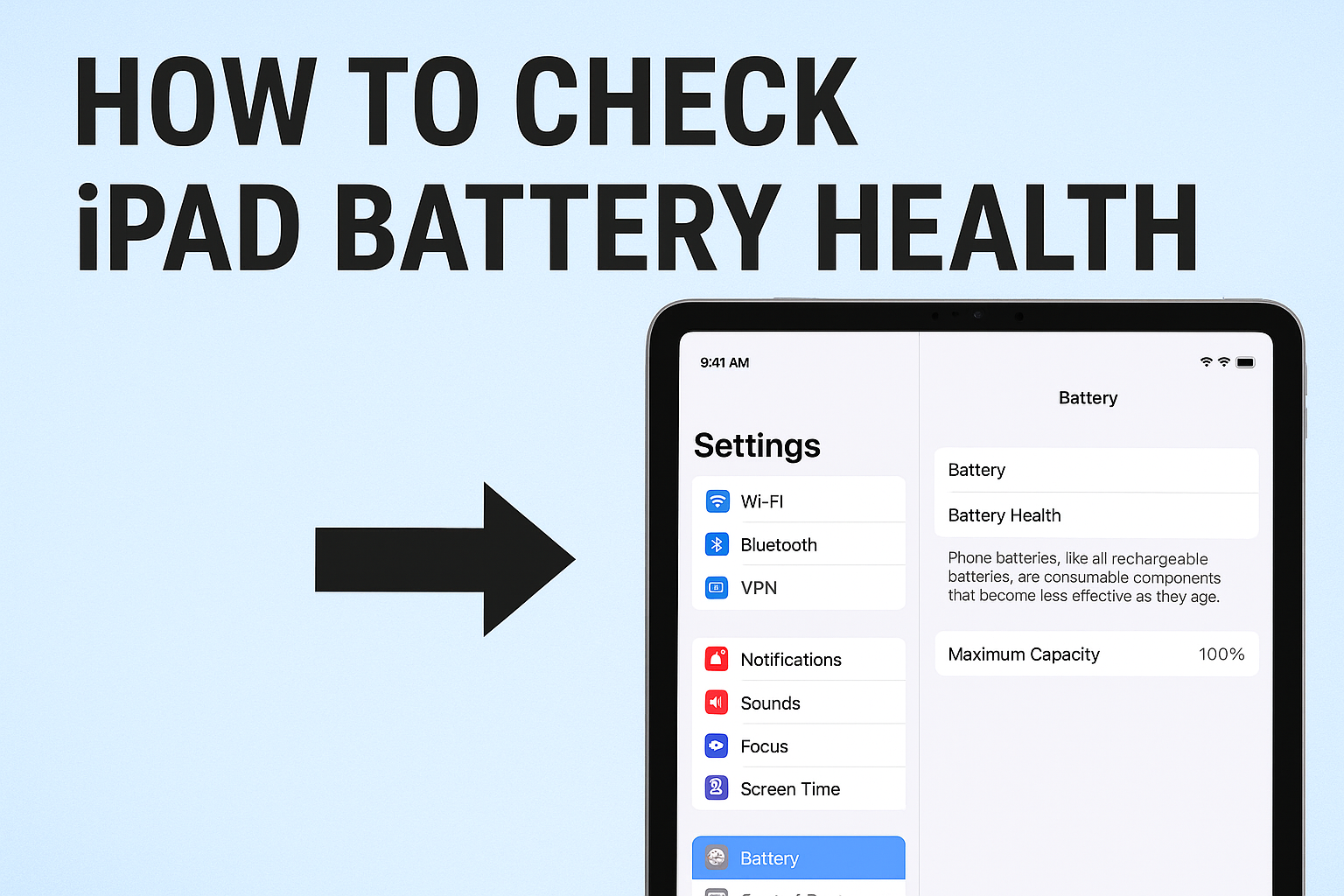
Introduction to Decision Making Skills and Health
Introduction: Unlocking the Secret to a Healthy and Fulfilling Life!
Have you ever considered how your decision-making skills can impact your overall health? It may sound surprising, but the choices we make on a daily basis have a profound influence on our well-being. From what we eat and how often we exercise to managing stress and cultivating positive relationships – every decision matters when it comes to achieving optimal health.
In this blog post, we will delve into the fascinating connection between decision making and health. We’ll explore the countless benefits of honing your decision-making skills, as well as strategies for improving them. Get ready to discover how empowering choices can lead you towards a healthier, more vibrant life! So let’s dive in!
The Connection between Decision Making and Health
The Connection between Decision Making and Health
Our health is greatly influenced by the decisions we make on a daily basis. From what we eat to how much sleep we get, our choices have a profound impact on our physical and mental well-being.
One area where decision making plays a crucial role in health is nutrition. The foods we choose to fuel our bodies can either nourish or harm us. By making informed choices about what we consume, such as opting for whole, unprocessed foods instead of sugary snacks or fast food, we can improve our energy levels, maintain a healthy weight, and reduce the risk of developing chronic diseases.
Another aspect of decision making that affects health is exercise. Choosing to engage in regular physical activity has numerous benefits for both the body and mind. Whether it’s going for a run, attending a fitness class, or simply taking the stairs instead of the elevator, incorporating movement into our daily routine improves cardiovascular health, strengthens muscles and bones, boosts mood and reduces stress.
Sleep is another critical factor impacted by decision making. Making deliberate choices to prioritize sufficient rest allows our bodies to recharge and repair themselves overnight. By establishing consistent sleep schedules and creating bedtime rituals that promote relaxation (such as avoiding screens before bed), we can enhance cognitive function, boost immune system functioning, and prevent chronic conditions like obesity or heart disease.
Mental well-being also relies heavily on effective decision making skills. Deciding when to seek support from loved ones or professional therapists during times of stress or emotional turmoil contributes immensely to maintaining good mental health. Additionally , choosing positive coping mechanisms over harmful habits like substance abuse further protects overall well-being.
In conclusion , there is an undeniable connection between decision-making skills and health outcomes . By cultivating thoughtfulness in our choices regarding nutrition , exercise , sleep patterns , self-care practices etc., individuals have opportunities for improving their overall quality life . So let’s strive day-by-day towards better decisions which lead to improved health and well-being.
Benefits of Improved Decision Making on Health
Improved decision-making skills can have numerous benefits on your health and overall well-being. When you make more informed choices, it can lead to positive outcomes for your physical, mental, and emotional health.
One of the key benefits of improved decision making is reduced stress levels. Making better decisions means you are less likely to second-guess yourself or feel overwhelmed by uncertainty. This can help alleviate anxiety and promote a sense of calmness in your life.
Additionally, improved decision making often leads to healthier lifestyle choices. For example, when you prioritize your health and well-being, you may choose to exercise regularly, eat nutritious foods, get enough sleep, and avoid harmful habits like smoking or excessive alcohol consumption.
Furthermore, enhanced decision-making skills can contribute to better problem-solving abilities when faced with challenging situations. This allows you to tackle obstacles head-on and find effective solutions rather than succumbing to stress or negativity.
Moreover, improved decision making fosters self-awareness and self-confidence. By understanding your values, priorities, and long-term goals better through the lens of critical thinking skills,
you become more confident in making choices that align with what truly matters to you.
Lastly but certainly not least important is the impact on relationships. Better decision making enhances communication skills as it involves considering different perspectives,
which promotes healthier interactions with others leading ultimately towards a stronger support system which is crucial for maintaining good mental health
In conclusion
Enhancing our decision-making skills doesn’t just benefit us intellectually; it has significant implications for our overall health too.
By reducing stress levels,directing us towards healthy lifestyles,and improving problem-solving abilities,the power of good judgement becomes a vital tool in achieving optimal physical ,mental,and emotional well-being
Strategies for Improving Decision Making Skills
Strategies for Improving Decision Making Skills
1. Enhance self-awareness: One of the most important strategies for improving decision making skills is to increase self-awareness. Take time to reflect on your values, beliefs, and priorities. Understand what drives your decisions and how they align with your overall well-being.
2. Seek diverse perspectives: Expand your horizons by seeking input from different sources. Engage in conversations with people who have different backgrounds, experiences, and viewpoints. This helps broaden your perspective and allows you to consider alternative options before making a decision.
3. Practice mindfulness: Mindfulness can be a powerful tool in improving decision making skills. By practicing mindfulness techniques such as meditation or deep breathing exercises, you learn to cultivate a calm and focused mind. This enables you to make decisions more effectively without being influenced by impulsive reactions or external distractions.
4. Analyze potential outcomes: Before making a decision, take the time to analyze the potential outcomes of each option available to you. Consider both short-term and long-term consequences of your choices, weighing the pros and cons of each scenario.
5.
Set clear goals & priorities: Having clear goals and priorities can guide your decision-making process towards actions that align with what truly matters to you in terms of health improvement.
6.
Develop problem-solving skills: Decision-making often involves solving problems or overcoming obstacles along the way.
7.
Learn from past mistakes: Reflecting on previous decisions that didn’t turn out as expected can provide valuable insights into areas where improvements need to be made in future choices.
By implementing these strategies consistently over time, individuals can enhance their decision-making abilities significantly while positively impacting their overall health and well-being
How to Apply Decision Making Skills to Different Aspects of Health
Applying decision making skills to different aspects of health can have a profound impact on our overall well-being. From choosing what we eat to deciding how much exercise we get, the decisions we make directly influence our physical and mental health.
When it comes to nutrition, utilizing decision making skills can help us make healthier choices. Instead of impulsively reaching for that sugary snack, taking a moment to evaluate the options and choose something nutritious can lead to improved energy levels and weight management.
In terms of exercise, decision making plays a crucial role in staying motivated and consistent. By setting clear goals, creating an exercise routine that fits our lifestyle, and using strategies like visualization or rewards systems, we can increase our chances of sticking with regular physical activity.
Decision making also impacts our mental health. Knowing when to seek support from friends or professionals is essential for maintaining emotional well-being. Additionally, being able to evaluate situations objectively and make informed choices about stress management techniques can reduce anxiety and improve overall mental resilience.
Decision making influences our sleep habits. Making thoughtful decisions about establishing a bedtime routine or creating a sleep-friendly environment can improve the quality of sleep we get each night – leading to increased cognitive function and better mood regulation during waking hours.
By applying effective decision-making skills across these various aspects of health – nutrition, exercise, mental well-being, and sleep – individuals are empowered to take control of their own wellness journey. So let’s harness the power within ourselves by honing these skills in order to achieve optimal health!
Real-life Examples of Improved Health through Effective Decision Making
Real-Life Examples of Improved Health through Effective Decision Making
1. Diet: Sarah, a busy working professional, used to rely heavily on fast food and sugary snacks for convenience. However, after realizing the negative impact it was having on her health, she made the decision to prioritize nutritious meals and cut out processed foods. As a result, she lost weight, had more energy throughout the day, and noticed improvements in her digestion.
2. Exercise Routine: John struggled with finding time for exercise due to his demanding job and family responsibilities. But instead of making excuses, he decided to wake up an hour earlier each morning to fit in a workout session. Over time, he became stronger physically and mentally as regular exercise boosted his mood and reduced stress levels.
3. Stress Management: Jessica recognized that chronic stress was taking a toll on her overall well-being. She started practicing mindfulness meditation daily and made self-care activities a priority in her schedule such as taking relaxing baths or going for walks in nature. By making these conscious decisions to manage stress better, Jessica experienced improved sleep quality and felt more balanced emotionally.
4. Healthy Relationships: Mike realized that toxic relationships were draining him both mentally and physically. He made the tough decision to distance himself from negative influences and surround himself with supportive friends who uplifted him instead. This change resulted in increased happiness and reduced emotional turmoil.
5. Time Management: Lisa struggled with poor time management skills which caused constant overwhelm and lack of self-care practices like getting enough sleep or engaging in hobbies she enjoyed.
After implementing effective time management strategies such as creating daily schedules that prioritized important tasks while leaving room for relaxation breaks,
Lisa found herself feeling less stressed,
more accomplished,
and able
to take better care of herself overall.
These real-life examples highlight how effective decision-making can lead to significant improvements in one’s health.
By being mindful about choices related to diet,
exercise routines,
stress management,
relationships,
and time management,
individuals can experience positive transformations in their physical, mental,
Conclusion: The Power of Decision Making in Achieving Optimal Health
Conclusion: The Power of Decision Making in Achieving Optimal Health
In today’s fast-paced world, where we are bombarded with countless choices and decisions to make, it is crucial to recognize the impact that decision making skills can have on our overall health and well-being. Improving our ability to make effective decisions not only enhances our mental clarity and emotional stability but also contributes significantly to our physical health.
By honing our decision making skills, we can experience a myriad of benefits that positively influence our health. These include reduced stress levels, improved self-confidence, increased resilience in the face of challenges, better time management abilities, enhanced problem-solving capabilities, and strengthened relationships. All these factors play a vital role in maintaining optimal health.
To enhance your decision making skills effectively, there are various strategies you can employ. First and foremost is practicing mindfulness – being fully present in the moment allows for clearer thinking and more thoughtful choices. Additionally, seeking out different perspectives and considering all available options before deciding helps broaden your understanding of potential outcomes.
Applying decision making skills to different aspects of your health requires a proactive approach. When it comes to nutrition choices or exercise routines, consider gathering information from reliable sources and consulting with professionals who specialize in those areas. This will empower you to make informed decisions that align with your personal goals.
Real-life examples demonstrate how improved decision making has transformed people’s lives for the better. Individuals who have struggled with their weight successfully transformed their eating habits by exercising discipline when faced with tempting food choices. Others have made significant strides towards mental wellness by prioritizing self-care activities such as meditation or therapy sessions over less helpful distractions.
In conclusion (without using “In conclusion”), mastering the art of decision making holds tremendous power when it comes to achieving optimal health outcomes. By improving these essential cognitive processes through mindful practice and strategic thinking patterns, we unlock numerous benefits that positively impact every aspect of our well-being.
Remember: Your health is in your hands. Embrace the power of decision making and experience the





